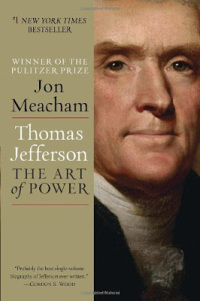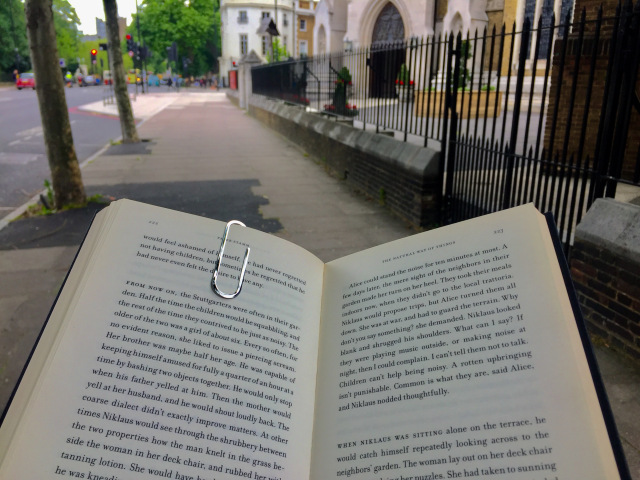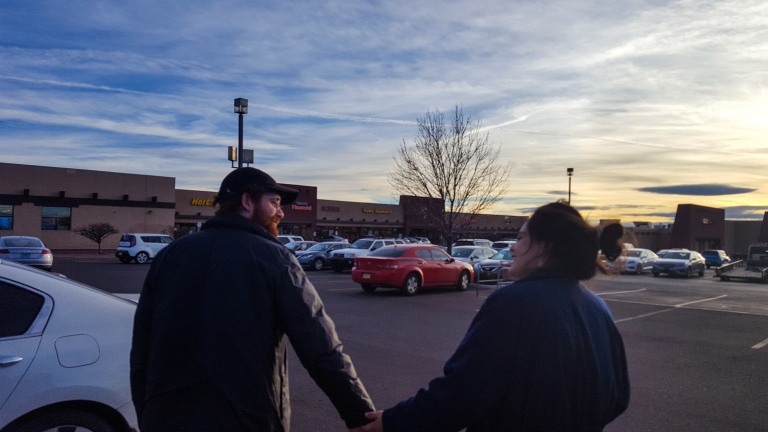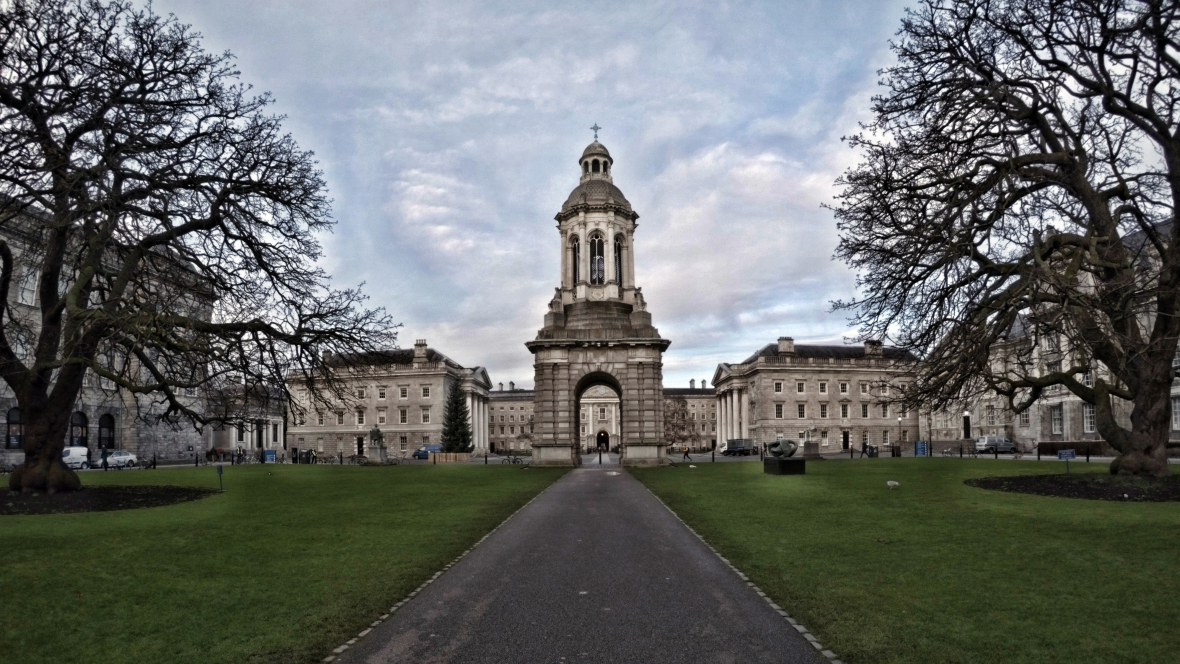 My quest to read (at least) one biography per President continues with Thomas Jefferson, the third President of the United States. The biography I chose with my selection process (reading reviews online and utilizing and this website- My Journey Through the Best Presidential Biographies), I settled on Thomas Jefferson: The Art of Power by Jon Meacham.
My quest to read (at least) one biography per President continues with Thomas Jefferson, the third President of the United States. The biography I chose with my selection process (reading reviews online and utilizing and this website- My Journey Through the Best Presidential Biographies), I settled on Thomas Jefferson: The Art of Power by Jon Meacham.
Here, I’ll offer my thoughts on that biography, and proceed to the DEFINITIVE RANKING OF PRESIDENTS OF THE UNITED STATES!!!!!!
Thomas Jefferson: The Art of Power by Jon Meacham
Thomas Jefferson: The Art of Power is the best biography I’ve read on a President so far. It successfully integrates scholarship and critique, demonstrating Jefferson’s successes without sugarcoating any aspect of his life or legacy.
Thomas Jefferson. Wow. The guy was a Renaissance man, dabbling in every field of knowledge he could find, constantly seeking to learn more, and writing on various topics. Meacham’s biography, as I said, is masterful. It is readable, scholarly, and honest. At no point did I detect Meacham attempting to gloss over the failings of our third President, but he also demonstrated beyond doubt that Jefferson was a fantastically important leader.
It’s difficult to decide where to really begin here, but I think I’ll start off with the importance of Jefferson’s diplomatic skill. During the Revolutionary War, he and John Adams had some disagreements over how to handle relations with France, for example. Though Adams’ approach may have been successful, Jefferson’s clearly was successful in different ways. He managed to gain support, trade, and more from France (though this, somewhat interestingly, did not prevent the United States from conflicts with France not many years later). Then, as Secretary of State, Jefferson continued to expand the influence of the fledgling country and make deals with foreign powers that would assist the United States in trade and securing borders. As President, he presided over what is perhaps the greatest land sale in United States history, securing the Louisiana Purchase.
Jefferson constantly sought to improve himself and made the White House a place of learning, bringing in books, fossils, and art to study. He helped define the role of President as one who should constantly be seeking to understand more, rather than just issuing commands. He also expanded the role of President, using executive powers in ways his predecessors had not, yet. Despite that, he carefully maintained separation of powers and advocated for taking into account the minority opinion as well as the majority. In other words, he sought compromise actively, rather than seeing it as settling for something, or, in the unfortunate mood of our time, as utter betrayal.
Another important aspect of Jefferson’s thought and legacy was his advocacy of religious tolerance. Of course, as a Deist (this fact itself giving the lie to those who claim all the Founders were some kind of modern evangelical Christian), he directly benefited from this, but Jefferson’s push for compromises and valuing others grounded his insistence on religious liberty.
Yet Jefferson had a great number of faults, as well. The man was an admitted womanizer, he lauded the value of prostitution (or perhaps power rape) in a letter. Despite his apparent statements in favor of abolition, he owned slaves and had children with one of his slaves (again, a possible example of power rape), but then turned around and claimed that people with different colored skin ought not intermingle–a decidedly racist perspective. After the Louisiana Purchase, he laid the groundwork for later atrocities like the Trail of Tears by encouraging the United States to settle the region and drive out Native groups. Truly awful.
Jefferson was an endlessly complex figure and President. His actions shaped the country for many years to come and set up threads of activity–for good or ill–for the next many decades. It is difficult to truly analyze such a complex man and President, but it is clear that, whatever else one may think, he was a vastly important one.
THE DEFINITIVE RANKING OF PRESIDENTS OF THE UNITED STATES*
My criteria for ranking the Presidents will be somewhat arbitrary. Random things I’ve thought of so far is whether they improved our infrastructure, how Presidential they acted/looked, whether they got us into any silly wars, and the like. As you can see, these criteria are somewhat… subjective. So you’ll probably end up disagreeing with me. I look forward to your comments!
1. George Washington (1st President- original ranking- #1): Washington basically defined the office of the President for all who followed him. It was left intentionally vague by the framers, so he had to work within those strictures while trying to expand on them. Not easy, but he seems to have done it rather ably, refusing to become a major partisan while still demanding certain powers of the Executive Branch. During his Presidency the national bank was created, the country’s credit recovered, massive trade booms occurred, the Mississippi was opened for exploration, and beneficial partnerships with other countries were being formed. On the other hand, during his Presidency and life generally, slavery was tolerated and even expanded, Native Americans were brutalized, and throughout it all Washington either participated directly or turned his face the other way. It is difficult to underestimate the impact of Washington on the office of the President. On the other hand, we ought not to lionize him or see him as perfection itself.
2. Thomas Jefferson (3rd President- original ranking- #2): Jefferson’s accomplishments as President, Secretary of State, and Revolutionary cannot be understated. He deftly handled relationships with such countries as France and Spain, while also helping to secure borders of the United States for decades to come. One of the biggest splashes of his Presidency was the Louisiana Purchase, which vastly increased the size of the country. However, Jefferson was also a blatant womanizer, a slave owner who pandered to abolitionist leanings while owning slaves, was clearly racist, and encouraged the destruction of Native groups living on the land that was “purchased” from Napoleon. Back on the positive side, he advocated for religious tolerance–even of other faiths–despite his Deistic leanings. His diplomatic skill is beyond dispute. He actively sought compromise and valued even minority opinions–lessons we need to re-learn now. The legacy he left would impact almost every aspect of the country going forward, for good or ill. It is difficult to fully analyze such a complex, contradictory man.
3. John Adams (2nd President- original ranking- #2): There’s something to be said for the fact that Adams basically held the line against all the forces threatening to either break the United States back apart or subsume it under an “alliance” that would turn it into a kind of vassal state. Adams did that, and he managed to keep the US out of another war in its infancy. The political treatises Adams wrote went on to define the constitutions of many states and help clarify the relationship between the state and federal government. Adams did, however, fail to hold his own political party together, whether through inaction or simply not being charismatic enough or willing enough to step into the leadership role he needed to take. Moreover, Adams was an absentee (at best) father and husband.
*Rankings not definitive
Links
J.W. Wartick- Always Have a Reason– Check out my “main site” which talks about philosophy of religion, theology, and Christian apologetics (among other random topics). I love science fiction so that comes up integrated with theology fairly frequently as well. I’d love to have you follow there, too!
Be sure to follow me on Twitter for discussion of posts, links to other pages of interest, random talk about theology/philosophy/apologetics/movies/scifi/sports and more!
SDG.
Advertisements Share this:





